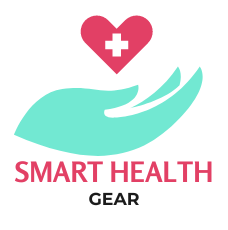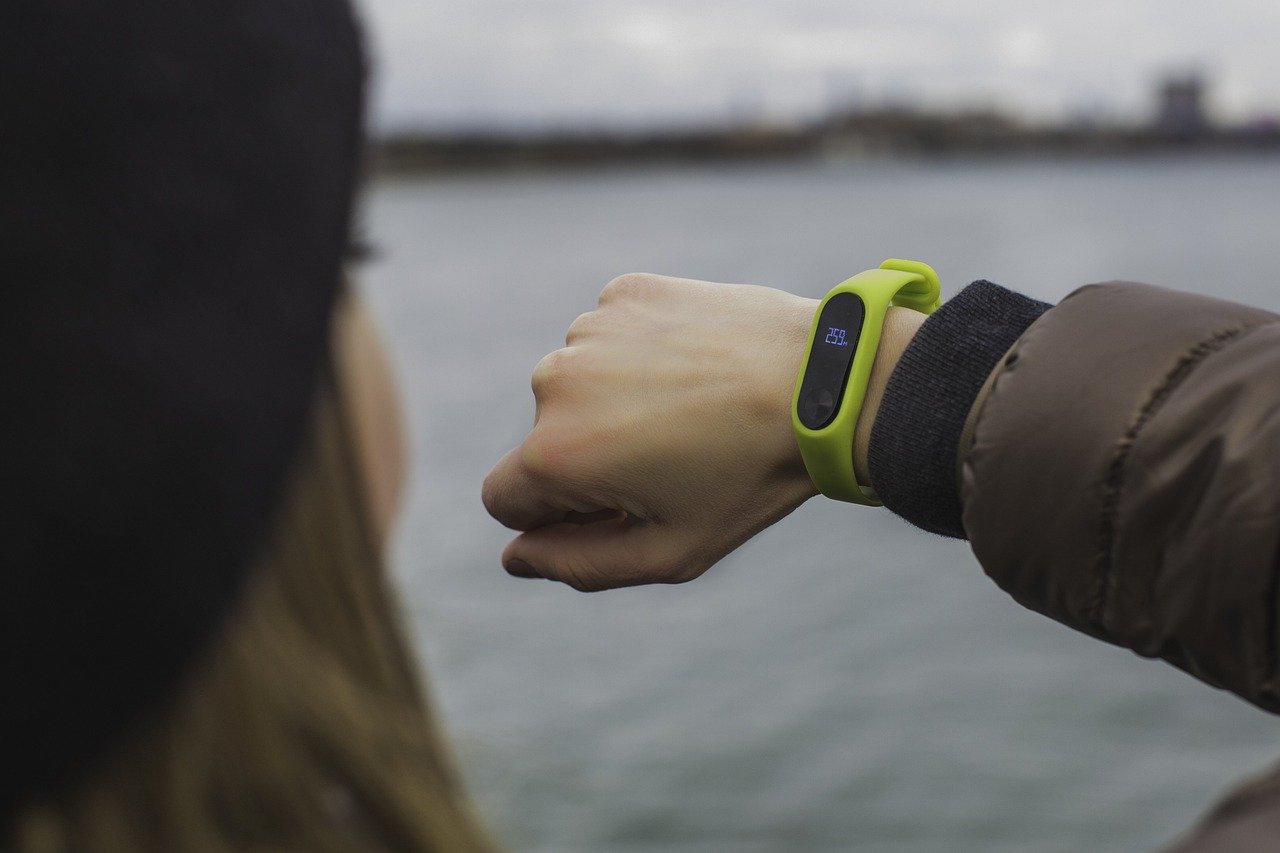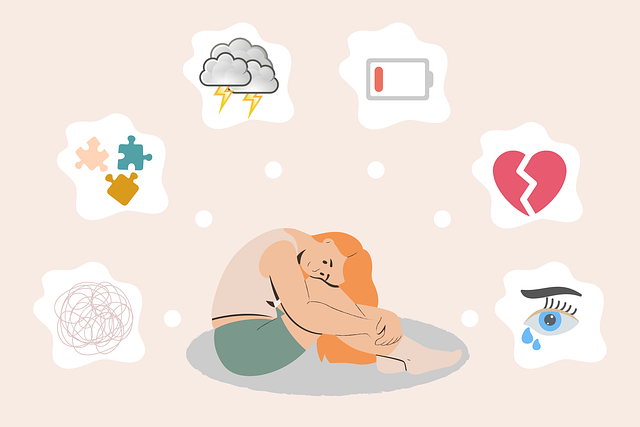The Comprehensive Guide to Health Monitoring Apps
Introduction
In an era where technology seamlessly integrates with our daily lives, health monitoring apps have emerged as vital tools for personal health management. These apps offer a wide array of functionalities, from tracking physical activity to monitoring chronic conditions, providing users with valuable insights into their health. This article explores the features, benefits, challenges, and future prospects of health monitoring apps, highlighting their transformative impact on healthcare.
The Evolution of Health Monitoring Apps
Health monitoring apps have evolved significantly over the past decade. Initially, these apps focused on simple functions like counting steps or tracking calorie intake. However, advancements in mobile technology, wearable devices, and data analytics have expanded their capabilities. Today, health monitoring apps offer comprehensive health insights, real-time data analysis, and seamless integration with various health devices and platforms.
Core Features of Health Monitoring Apps
Modern health monitoring apps come equipped with a variety of features designed to provide users with detailed and actionable health data:
- Activity Tracking: Using the smartphone’s built-in sensors or connected wearable devices, these apps track physical activities such as steps taken, distance traveled, and calories burned. This data helps users maintain an active lifestyle and set fitness goals.
- Heart Rate Monitoring: Many health apps can connect to wearable devices like smartwatches and fitness trackers to monitor heart rate continuously. This feature is essential for tracking cardiovascular health and identifying irregularities.
- Sleep Analysis: By analyzing movement and heart rate variability, these apps can provide insights into sleep patterns, including sleep duration, quality, and different sleep stages. Better understanding of sleep can lead to improved rest and overall health.
- Nutrition and Diet Tracking: Users can log their meals and monitor their nutritional intake. Some apps offer barcode scanning for easy entry of food items, along with databases of nutritional information.
- Stress and Mental Health Monitoring: Health monitoring apps can assess stress levels through heart rate variability and provide mindfulness exercises, meditation sessions, and breathing techniques to manage stress.
- Chronic Disease Management: Apps designed for chronic disease management help users monitor conditions like diabetes, hypertension, and asthma by tracking relevant health metrics and medication adherence.
- Blood Oxygen Saturation (SpO2) Monitoring: Integration with devices that measure blood oxygen levels allows for continuous monitoring, which is crucial for detecting respiratory issues.
- ECG Monitoring: Some advanced health apps offer ECG functionality, enabling users to detect irregular heart rhythms and share the data with healthcare providers.
- Hydration Tracking: Users can log their water intake and receive reminders to stay hydrated throughout the day.
- Personalized Health Insights: Based on the collected data, these apps provide personalized recommendations and insights to help users improve their health and fitness.
Benefits of Health Monitoring Apps
Health monitoring apps offer numerous benefits that enhance personal health management and support overall well-being:
- Convenience and Accessibility: These apps provide easy access to health data and monitoring tools, enabling users to manage their health anytime, anywhere.
- Personalized Health Management: Continuous data collection and analysis offer personalized insights and recommendations, helping users make informed decisions about their health.
- Early Detection of Health Issues: Regular monitoring can detect early signs of health problems, allowing for timely intervention and preventing complications.
- Improved Chronic Disease Management: For individuals with chronic conditions, health monitoring apps provide tools to track symptoms, manage medications, and share data with healthcare providers.
- Motivation and Accountability: Features like goal setting, progress tracking, and reminders motivate users to stay committed to their health and fitness routines.
- Enhanced Communication with Healthcare Providers: Users can share their health data with doctors, facilitating better-informed consultations and personalized care plans.
- Stress and Mental Health Management: Access to stress management tools and mental health resources helps users maintain emotional well-being.
- Data Integration: Many apps integrate with other health platforms and devices, providing a comprehensive view of one’s health and enabling more holistic health management.
Challenges and Considerations
Despite their numerous benefits, health monitoring apps also face several challenges and considerations:
- Data Accuracy and Reliability: The accuracy of health data collected by these apps can vary, depending on the quality of the sensors and devices used. Users must be aware of potential inaccuracies and limitations.
- Privacy and Security: Health data is sensitive, and ensuring its privacy and security is paramount. Users must be cautious about the apps they use and understand how their data is stored, used, and shared.
- User Engagement and Compliance: For health monitoring apps to be effective, users need to consistently engage with the app and follow its recommendations. Maintaining user compliance can be challenging.
- Integration with Healthcare Systems: Seamless integration of app data with electronic health records (EHR) and healthcare systems is crucial for comprehensive care but can be technically challenging.
- Cost: While many health monitoring apps are free or low-cost, some advanced features and integrations may require subscriptions or additional purchases.

Popular Health Monitoring Apps
Several health monitoring apps have gained popularity for their comprehensive features and user-friendly interfaces:
- Apple Health: Integrates with various health and fitness devices, providing a centralized platform for health data. Features include activity tracking, heart rate monitoring, sleep analysis, and more.
- Google Fit: Offers activity tracking, heart rate monitoring, and integration with other health apps and devices. Google Fit emphasizes simple, actionable insights to help users stay healthy.
- Fitbit: Known for its robust activity tracking and heart rate monitoring, Fitbit’s app also includes sleep analysis, nutrition tracking, and personalized insights.
- MyFitnessPal: A popular app for nutrition and diet tracking, MyFitnessPal allows users to log meals, track calorie intake, and monitor their nutritional goals.
- Garmin Connect: Integrates with Garmin’s wearable devices, offering activity tracking, heart rate monitoring, sleep analysis, and advanced metrics for athletes.
- Samsung Health: Provides a wide range of health monitoring features, including activity tracking, heart rate monitoring, sleep analysis, and stress management tools.
- Withings Health Mate: Integrates with Withings’ health devices, offering comprehensive health monitoring, including activity tracking, heart rate monitoring, sleep analysis, and ECG.
- Headspace: Focuses on mental health and stress management, offering guided meditation, mindfulness exercises, and stress relief techniques.
Future Trends in Health Monitoring Apps
The future of health monitoring apps is promising, with ongoing advancements in technology and innovation driving new features and capabilities:
- Advanced Sensor Integration: Future apps will integrate more advanced sensors to measure a wider range of health metrics, such as hydration levels, blood pressure, and glucose levels.
- Artificial Intelligence and Machine Learning: AI and machine learning will enhance data analysis, providing more accurate and personalized health insights and predictions.
- Telemedicine Integration: Health monitoring apps will play a significant role in telemedicine, enabling remote patient monitoring and virtual consultations with real-time health data sharing.
- Enhanced User Experience: Improved user interfaces, voice assistants, and seamless integration with other devices and platforms will make health monitoring more intuitive and user-friendly.
- Battery Technology: Advances in battery technology will improve the battery life of connected devices, allowing for longer periods of continuous monitoring without frequent charging.
- Regulatory Approvals: More health monitoring apps will seek regulatory approvals for medical-grade accuracy and reliability, making them trusted tools for healthcare providers and patients.
- Expanded Health Metrics: Research and innovation will continue to explore new health metrics that can be monitored through apps, further expanding their capabilities.
Conclusion
Health monitoring apps have revolutionized personal health management, offering convenient and comprehensive tools for tracking various health metrics and managing overall well-being. These apps provide personalized insights, early detection of health issues, and enhanced communication with healthcare providers, contributing to better health outcomes. However, challenges such as data accuracy, privacy, and user compliance must be addressed to maximize their potential. As technology continues to evolve, health monitoring apps will play an increasingly important role in healthcare, empowering individuals to take control of their health and facilitating more effective and personalized care. By embracing these advancements, users can achieve a healthier lifestyle, while healthcare providers can offer more informed and targeted care, ultimately leading to improved quality of life and well-being.




